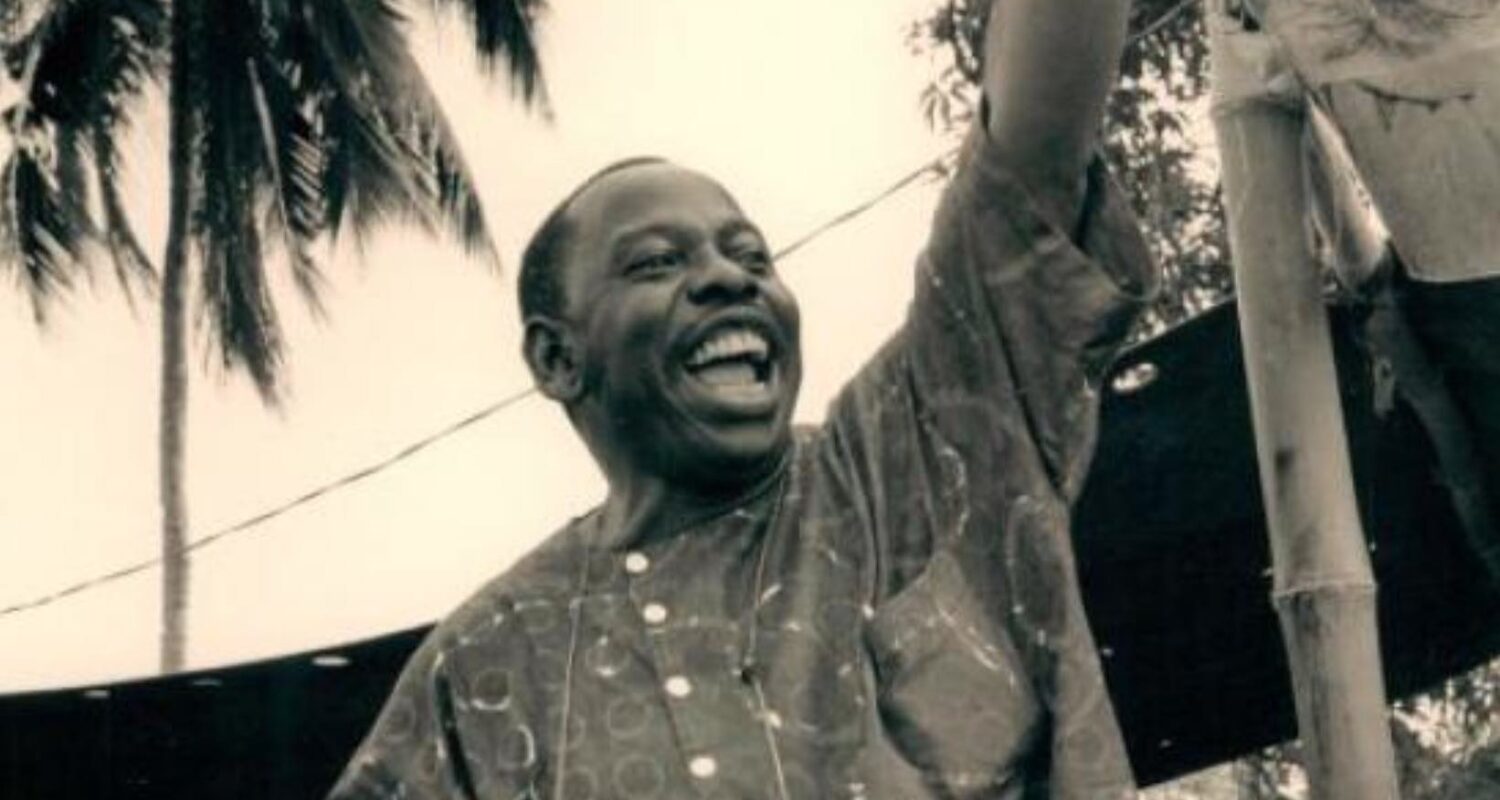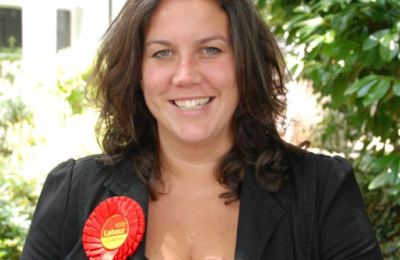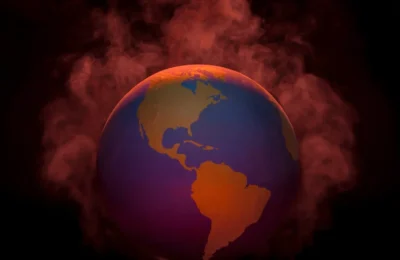From Tribune
In 1995, nine activists from the Ogoni region of Nigeria were hanged after a campaign against oil giant Shell – decades later, their struggle for environmental justice is more relevant than ever.

Ken Saro-Wiwa was one of the founders of the Movement for the Survival of the Ogoni People in 1990. Credit: Getty Images
This growing call has historical legacies in local resistance to corporate land grabs; over the past decade alone, indigenous-led resistance in the US and Canada has prevented the equivalent of a quarter of those countries’ annual emissions. As a consequence, the complicity of fossil fuel giants like Chevron and Shell in human rights violations globally is becoming increasingly visible—an issue which gained international attention in 1995 in the case of the Ogoni Nine.
Twenty-six years ago today, the Ogoni Nine were executed by the Nigerian dictatorship after a campaign of resistance against Shell’s pursuit of profit at the expense of their community. The fight for environmental justice continues to be an international struggle against corporate exploitation, and today we should honour the activists whose resistance cost them their lives.
Extractivism in the Niger Delta
Nigeria is the largest oil and gas producer in Africa, and since 1975 the Niger Delta region has accounted for over three quarters of Nigeria’s export income. In the last decade, Shell has reported over 1,000 spills, with 17.5 million litres released into the Niger Delta, killing fish, contaminating water supplies, and destroying local livelihoods.
In 2008 and 2009, there were two massive oil spills in Bodo, a fishing town in Nigeria. Shell initially offered an insulting $4,000 compensation to the community, but following legal action alongside Amnesty International, the company admitted it had lied about the size of the oil spills, and the community received £55 million.
Cases like this are not a rare occurrence. Communities in the Global South continue to be rendered collateral damage as they face the worst consequences of climate collapse.
Ogoniland is located in the Niger Delta. It has a population of nearly 832,000, predominantly fishermen. While its rivers have long been fundamental to local livelihoods, they’ve now become a source of harm.
Since Shell began its operations there in 1958, Ogoniland has become one of the most polluted places in the world. The Environmental Assessment of Ogoniland found that in one community, families drink water from wells contaminated with carcinogen benzene at levels over 900 times World Health Organisation guidelines.
The region has produced $30 billion worth of oil since 1957, when oil was first discovered there. Between 1976 and 1991, Ogoniland experienced 2,976 oil spills, accounting for over two million barrels of pollution.
Resistance
In 1990, in response to the continued violations against the Ogoni people by the oil industry and the Nigerian state, writer and political activist Ken Saro-Wiwa founded the Movement for the Survival of the Ogoni People (MOSOP). This movement consisted of over 700,000 Ogoni people, all united in campaigning for social, economic, and environmental justice through non-violent resistance and protest.
The group published the Ogoni Bill of Rights, which aimed to realise political and economic autonomy for the Ogoni people and protect Ogoniland from further environmental degradation. The bill called on international governments and development institutions to take action, and to stand in solidarity with the Ogoni people, including calling for those seeking protection from political persecution by the Federal Government of Nigeria to be granted refugee status.
However, MOSOP’s calls for international action fell on deaf ears, and after multiple arrests, Ken Saro-Wiwa, alongside eight of his fellow leaders—Saturday Dobee, Nordu Eawo, Daniel Gbooko, Paul Levera, Felix Nuate, Baribor Bera, Barinem Kiobel, and John Kpuine—were put on trial under the pretext that the group had incited the murder of four Ogoni chiefs.
The trial was widely discredited, with critics worldwide speaking out against the military regime of General Sani Abacha, then in power. Despite that, the Nine were found guilty, and on the morning of 10 November, hanged.
Blood on Shell’s hands
MOSOP’s campaigning had led to the suspension of oil operations in Ogoniland in 1993, but Shell’s presence continued to endanger the community. In the same year, troops guarding Shell opened fire on protestors, injuring 11 people. Later, a backlash from the Nigerian military saw around 30,000 were made homeless by the burning of villages in the region, and approximately 1,000 people killed.
Evidence from company documents and witness statements have shown that Shell encouraged the Nigerian military to violently suppress resistance and managed a unit of undercover police that surveilled local activists. Esther Kiobel, widow of Barinem Kiobel, filed a case against Shell in 2002, and although the company denied complicity in the activists’ murders, they eventually agreed a $15.5 million out-of-court settlement with the families.
Today, although the Shell pipelines have remained inactive, its oil spills continue to affect the region. The United Nations predict that cleaning up the pollution in the Niger Delta would take up to 30 years.
The Legacy
Local people’s resistance to corporate extractivism remains at the heart of the climate justice movement. Just last week Amazonian youth from Ecuador and Brazil led the march in Glasgow, which saw 100,000 protestors—Glasgow’s largest since the Iraq War in 2003.
The fossil fuel industry continues to operate alongside complicit governments in seeking further opportunities for expansion. Only in 2019 did the Commission on Human Rights declare that fossil fuel companies can be legally and morally liable for harms linked to climate change—but for as long as neoliberal hegemony continues to dominate our political system, fossil fuel giants will be granted priority over the lives of local communities.
In their fight for environmental justice, the Ogoni Nine lost their lives—but they also made it clear that the complicity of the fossil fuel industry in brutal violations of human rights can no longer be denied.



